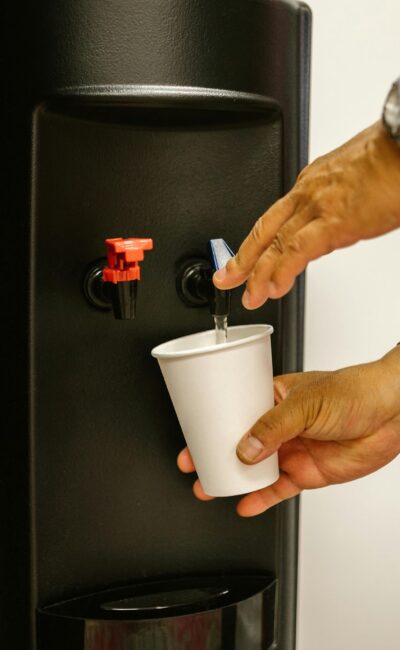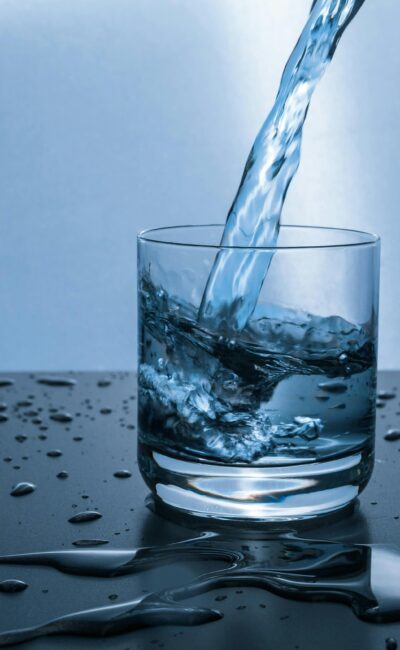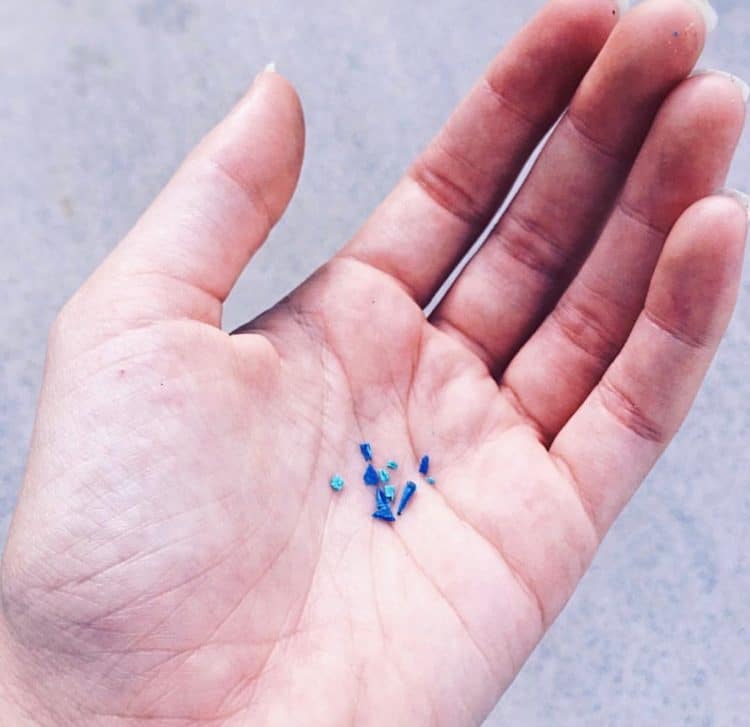The power of electrolytes is nothing new. They are minerals naturally found in the body that help with bodily functions and promote good health. These include potassium, calcium, sodium, and magnesium among others. They balance the body’s pH level and water amounts. They also ensure that all muscles and nerves are functioning properly and that the cells are receiving nutrients. In short, electrolytes are essential.
Since they are a crucial component of the body’s makeup, when there’s an imbalance, it can cause a series of side effects including high blood pressure, kidney problems, and abnormal heart rhythms. By drinking electrolyte-enriched water, it helps to replace electrolytes and ensure the body has the minerals it needs. Hydration, in general, is important in addition to eating a balanced diet with foods that are rich in electrolytes, such as spinach, bananas, and avocados.
Replenishing electrolytes is often talked about when it comes to physical activity. Sports energy drinks and flavored beverages tout the importance of electrolytes and many are found in the ingredient list. However, when drinking anything besides water despite the electrolyte replenishment, there’s also the likelihood of consuming extra sugar and artificial ingredients. The benefits of drinking FloWater water that’s been enriched with electrolytes is that there are no unnatural additives – just crisp, purified water.
What Are Electrolytes Good For?
Different types of electrolytes work together to regulate the body’s activity for healthy functioning. For example, potassium works with calcium to help regulate bodily functions like muscle and nerve activity. It also works with sodium to deliver a balanced pH level. This is important because too much acid in the body can result in acidosis, a condition that leads to symptoms, such as fatigue, headaches, and increased heart rate. And, in more serious instances, it can result in bone disease or kidney failure.
Calcium also helps to regulate heart rate, cell function, and blood clotting. When the body is low in calcium, you may experience duller hair, nails, and skin. Additionally, being low on electrolytes of any kind may result in muscle cramps and respiratory problems. As the body sweats, the body releases electrolytes and must be replenished to prevent issues with your health.
Electrolyte-Enriched Water Compared to Other Water Options
Tap water often contains some electrolytes but in varying amounts. Tap water also may contain extra sediments, pollutants, and chemicals that weren’t filtered out through the treatment process. Reverse osmosis is one way to eliminate these toxic materials.
The reverse osmosis process has become more popular over the years because it doesn’t result in the kind of waste that bottled water does. It delivers highly filtered water that removes the majority of contaminants from tap water, but there’s a catch. When it filters the water, there’s no way to differentiate what are electrolytes in water. While it eliminates pesticides, chemicals, and other irritants, it also rids the water of any electrolytes, such as potassium or magnesium, it naturally contains.
Bottled water is also an option for staying hydrated that continues to be a choice for many due to the convenience of the grab-and-go factor. In some brands, there may be trace amounts of electrolytes found. The downside to drinking filtered water from plastic bottles is that only a small percentage makes it to recycling. The majority of waste ends up in landfills and takes decades to break down organically. It’s an impactful cost both money-wise and environmentally for present-day consumers as well as future generations.
Each of these types of drinking water sources come with their own benefits but there are downfalls to consider as well.
- Tap water has electrolytes, but also contaminants
- Reverse osmosis water doesn’t have contaminants, but it also doesn’t have has a loss of electrolytes
- Bottled water may have electrolytes, little to no contaminants, but isn’t a resourceful option
FloWater provides purified water that’s been enhanced with electrolytes (potassium, magnesium, sodium, and calcium) and doesn’t require the use of plastic. Among its many steps, the water also goes through an alkaline filter, which helps to neutralize the level of acidity, and a coconut carbon filter, which attracts any remaining particles, odors, or tastes when the carbon is activated. When compared to other water purification methods like reverse osmosis, or bottled water, it ensures the body has what it needs and filters out what it doesn’t.
Electrolytes Make a Difference
Monitoring your level of electrolytes is not a fad. It’s a crucial part of your overall health. Without them, your body cannot function as well and it may lead to serious heart, kidney, or respiratory problems. By drinking the purest form of water available, you can stay hydrated, balance the acidity in your body, and replenish any lost electrolytes.
When you have the choice of where you get your drinking water, weigh all of the options and consider what is most beneficial. FloWater water goes through a series of filters that purify, improve, and finish the water that gives it a great taste and electrolytes that benefit the body, making it the best way to filter water. What could be a better way to get your hydration?
Sources:
https://medlineplus.gov/fluidandelectrolytebalance.html
https://www.healthline.com/health/acidosis#prevention





